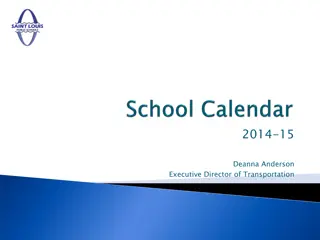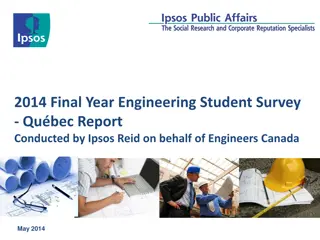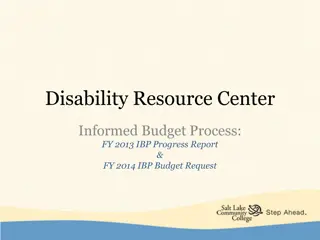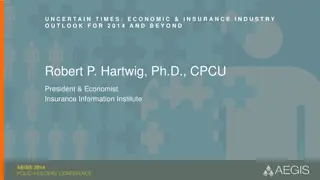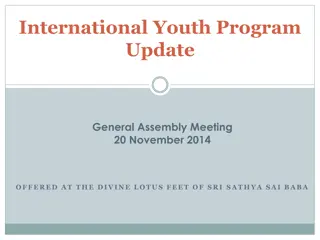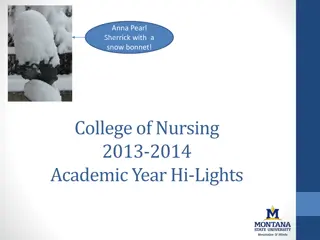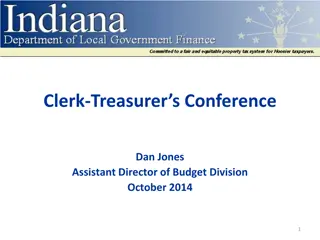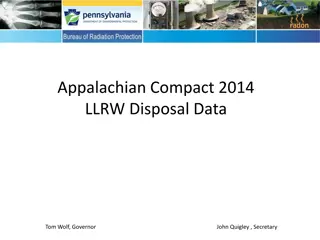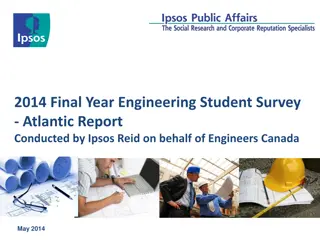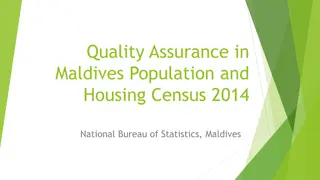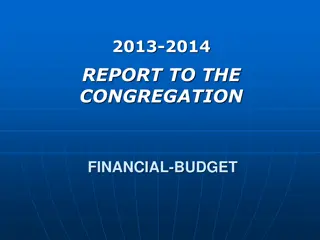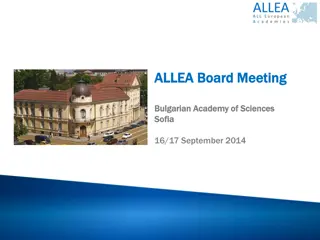
Cultural Mechanisms in Educational Change
Explore the convergence and divergence of cultural, economic, and political factors in educational change within globalization, delving into critical realism and anthropological theory as tools for understanding cultural dynamics in different contexts.
Download Presentation

Please find below an Image/Link to download the presentation.
The content on the website is provided AS IS for your information and personal use only. It may not be sold, licensed, or shared on other websites without obtaining consent from the author. If you encounter any issues during the download, it is possible that the publisher has removed the file from their server.
You are allowed to download the files provided on this website for personal or commercial use, subject to the condition that they are used lawfully. All files are the property of their respective owners.
The content on the website is provided AS IS for your information and personal use only. It may not be sold, licensed, or shared on other websites without obtaining consent from the author.
E N D
Presentation Transcript
The cultural mechanisms producing hybrid education in Cambodia: Towards a dialectical critical cultural political economy William C. Brehm PhD Candidate The University of Hong Kong March 11, 2014
The cultural mechanisms producing hybrid education in Cambodia: Towards a dialectical critical cultural political economy William C. Brehm PhD Candidate The University of Hong Kong March 11, 2014
What is meant by the cultural and how does it converge with and diverge from the economic and the political in our understanding of educational change within contemporary globalization?
The short answer: An anthropological theory of value can be the abstract concept we use to understand the cultural across contexts within CPE.
Critical Realism Overcomes epistemic fallacy The confusion over how we know things with whether or not those things exist. Reality cannot be reduced to our knowledge of it. The nature of social objects are they static or mobile? If objects are mobile, then ontology precedes epistemology. This has methodological implications how do we capture dynamic social objects?
Critical Realism Overcomes epistemic fallacy Epistemology is relative Change, flux, and interrelations of social objects, structures, and people means reality is not limited to our experiences. We each experience different realities.
Critical Realism Overcomes epistemic fallacy Epistemology is relative Ontology is stratified First level: The Empirical what we observe in our daily life. Second level: The Actual All events that can said to have taken place. Third level: The Real The powers, mechanisms, and potentialities of what may or may not happen.
Critical Realism Overcomes epistemic fallacy Epistemology is relative Ontology is stratified Lessons? A stratified ontology means the cultural consists of underlying mechanisms and powers that create potentialities of actual, empirical experiences. That social objects are dynamic means we must capture time in our understanding of the cultural.
Critical Realism in CPE The cultural understood as semiotics the process of meaning making through imaginaries. Discourse analysis preferred methodology. The cultural understood as civilizational project(s) Historical structuring beyond the nation-state.
But where is human agency? Semiotics reduces social system to linguistics the change in language over time as a proxy for the social. Civilizational projects emphasize historical, transnational structures. The cultural within CPE must capture time and dynamic structures and agency within a stratified ontology.
Morphogenetic sequence Source: Archer, 2010
An anthropological theory of value Culture often seen as: customs, habits, rituals, tradition, etc. (Think: imagined communities ) Culture as a theory of value: Social objects that create the capacity for action, mobilize desires. It is about understanding meaning and making of meaning through the action or non-action invoked by media within particular spatial-temporal configurations. What a society values has a structural conditioning, can be changed or reproduced by actors during social interactions, and thus result in new (or continued) meanings of value.
The cultural in the Political & Economic The Cultural: Value as a capacity for action which not only is understood empirically but also by the historical structuring of mechanism and powers. The Cultural-Economic: The circulation of value The Cultural-Political: The contestation of value as a social object Future actions or non-actions thus are outcomes of new meanings of value within a specific place, which circulate and are contested.
The cultural in the moment of privatization The Cultural: Value of education enables people to pay for private educational services. The Cultural-Economic: The value of privatization within education circulates as a discourse and imaginary (can be seen on all scales) The Cultural-Political: The value of privatization doesn t usurp other values of education, but is in constant contestation. Future (non)actions in the moment of privatization?
Future as cultural fact Privatization in education is not only caused by capital spreading in new economic spaces. Privatization in education is not only caused by neoliberalism spreading in new political spaces. Privatization in education is also caused by changing meanings of the value of/in education in new cultural spaces. Value of education becoming what? Requires dialectics.

